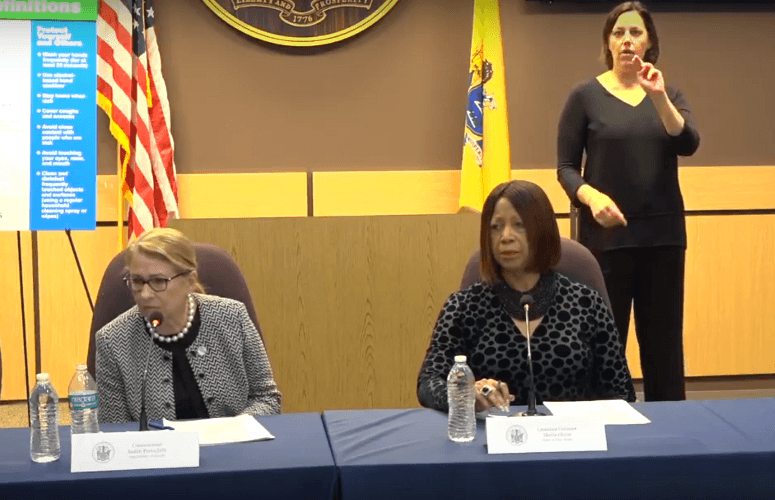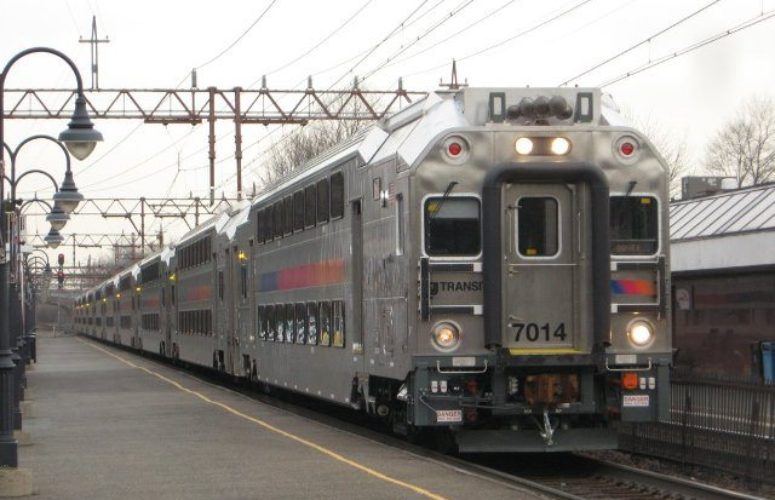
NJ Investigating Possible COVID-19 ‘Community Spread’
By George N. Saliba, Managing Editor On Mar 11, 2020As New Jersey state government leaders today announced eight new presumptive positive COVID-19 cases (for a total of 23 cases, with 37 more people under investigation), Department of Health Commissioner Judith Persichilli said that two of the new cases had neither exposure to a confirmed case of COVID-19, nor travel from an area that has had COVID-19 community spread.
She added, “For those [cases] that do not have a confirmed exposure, we will be putting them under further investigation … The reason: Community spread indicates that the coronavirus is amongst us, and we have an expectation that that may be the case. Although I do not have that analysis, today – which could point us in the direction of community spread – we are stepping up our mitigation strategies in selected areas.”
The state additionally announced that it is receiving $14 million in federal grants from Atlanta-based Centers for Disease Control aimed at combating the novel coronavirus.
And while New Jersey state laboratories can test up to 400 specimens, Persichilli said that new staff and additional equipment have been added to fulfill that requirement. She also said that she hoped Hackensack University Medical Center “will be brought online, to also assist us with the testing.”
While large gatherings and events are being addressed on a case-by-case basis, Persichilli explained, “Our guidance right now is to encourage people to limit those types of activities as much as possible.”
Lieutenant Governor Shelia Oliver said, “To be clear: If you are feeling ill, stay home and call your regular healthcare practitioner. Going to work or school, sick – even with a cold or a seasonal flu – only increases the chances that you will pass that illness on to friends or co-workers.”
More News:
- New Jersey’s long-term care facilities are advised to screen and restrict visitors
- A state-run northern New Jersey psychiatric facility is likewise advised to screen and restrict visitors
- Specialized pediatric residential facilities are restricting outside activities and schooling
- Higher education institutions are advised to review and update their Emergency Operations Plans (EOPs), and postpone or cancel study abroad programs (many colleges and universities have taken a wide range of actions on their own, such as extending Spring break)
To access more business news, visit NJB News Now.
Related Articles:





